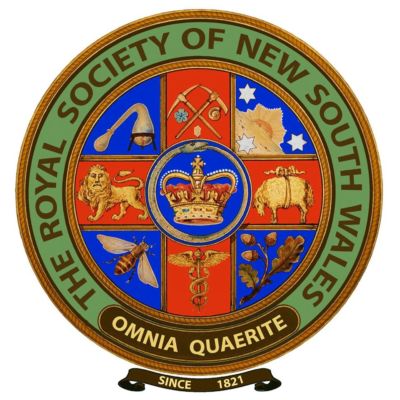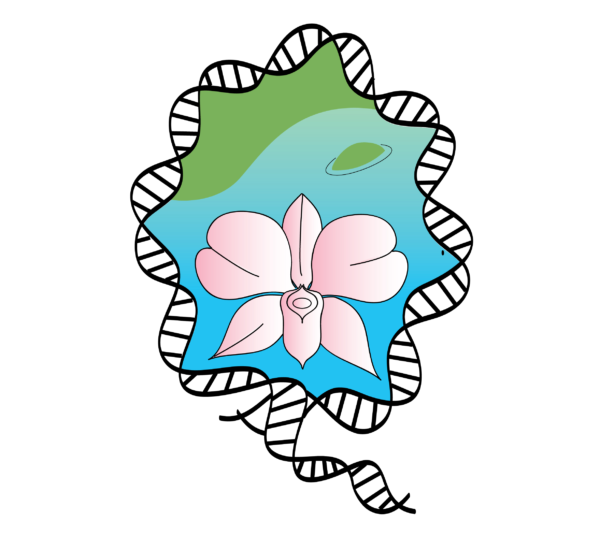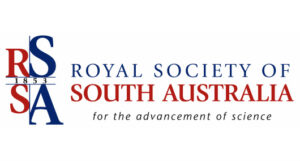
The Royal Society of New South Wales is one of the oldest learned societies in the southern hemisphere, dating back to the inauguration of its precursor society, the Philosophical Society of Australasia, in 1821. Its main function is the promotion and furtherance of intellectual inquiry and discourse and the exploration of the links between science, art, literature and philosophy. It holds regular monthly meetings and named specialist lectures, as well as scientific forums and other events. It has published its peer reviewed journal The Journal and Proceedings of the Royal Society of NSW continuously since 1869.
Membership of the Royal Society of New South Wales is open to any person interested in the aims of the Society, and is an avenue through which individuals can share in the work of all its Members. Fellowship of the Society is awarded to individuals who have demonstrated excellence in their field of expertise. In addition, a range of prestigious Awards and Prizes are bestowed on the highest achievers in specified categories on an annual basis.

The Royal Society of Victoria convenes Victoria’s science community. It is the State’s oldest learned society and a part of Australia’s intellectual life since 1854. Located in a heritage-listed building at 8 La Trobe Street, Melbourne, the Society provides a dynamic program of lectures, symposia and forums about science.
Membership is open to anyone interested in science, its history and supporting its promotion for the benefit of the community. Public lectures on compelling topics across the disciplines are held each month.
Through the RSV Science Foundation, the Society supports community outreach and scientific research through an awards program, recognising lifetime achievements and encouraging early career progression of Victorian scientists through a suite of special honours and prizes. Through management of the Inspiring Victoria program, we help our partners across the state to bring science-themed talks and events to their local communities, connecting people of all ages with scientists and the specialised knowledge they can share.
We support science in the South-East of Australia through publishing papers in our regional science journal, the Proceedings of the Royal Society of Victoria. Papers are peer-reviewed, accepted without charge and published in full colour, online, open access with CSIRO Publishing.

The Royal Society of Queensland (RSQ) was founded in 1884, succeeding the Queensland Philosophical Society founded in 1859, the year that Queensland was proclaimed a separate colony. The Society networks between disciplinary specialists, government and the community; holds seminars crossing jurisdictional and sectoral silos; and publishes the annual Proceedings, a journal of record, now in its 124th volume. In 2019/2020, four Special Issues on particular themes are also in train. The Society hosts the Queensland Science Network, a collaboration between some 25 not-for-profit scientific and naturalists’ societies.
In recent years the Society has recognised the need for scientists to become more active in policy formation and other forms of science outreach. It has co-led the Rangelands Policy Dialogue, aimed at re-calibrating rural policy in the light of climate change and environmental deterioration. It has established the foundations of the Queensland Policy Network, a nascent forum to foster dialogue within Queensland’s policy community, seeking to counter ‘fake news’ and policy-making based upon ideology, preconceived positions or single-disciplinary enthusiasms.

The Royal Society of South Australia is a membership-based learned society, dedicated to the promotion and advancement of science, with a particular interest in the Natural Sciences. Members receive a monthly Newsletter informing them of activities within the Society, as well as the journal Transactions of the Royal Society of South Australia. Members are eligible to apply for small grants to support their research, and are also eligible for a number of Awards and Medals presented annually.
Meetings are held in the Society’s rooms at the South Australian Museum on the second Thursday of each month, March to November inclusive, starting at 6.30 pm.
Other Australian Royal Societies:
The Royal Society of Tasmania
The Royal Society of Western Australia
